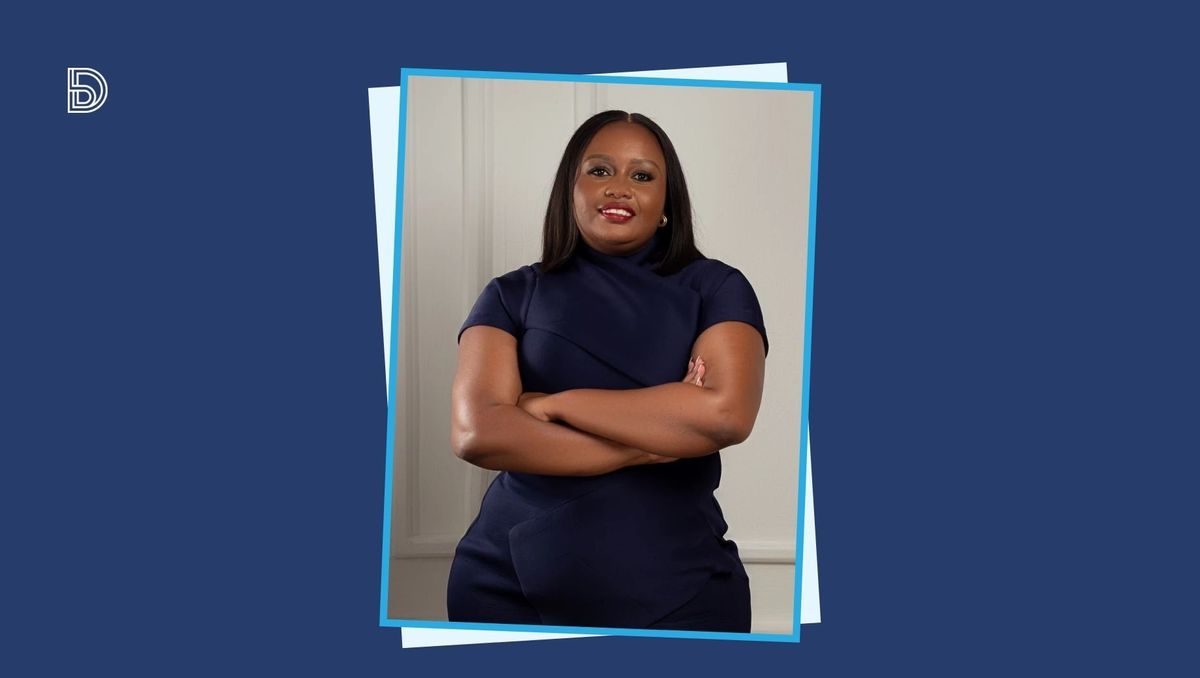Credrails founder talks about Open Finance in Africa and the next billion-dollar startup on the continent.
In an interview with Clara Wanjiku Odero, Credrails co-founder, she gave insights into open finance in Africa and the next billion-dollar startup on the continent.

Open Finance is arguably one of the most impactful developments in the history of the financial services industry.
Open Finance is an opportunity to build on the concept of Open Banking and allow consumers and SMEs to access and share their data with third-party providers (TPPs).
Screen scraping—copying information that shows on a digital display so it can be used for another purpose—and Application Programming Interface (API) technologies [a set of functions that allows applications to access data and interact with external software components, operating systems, or microservices] are the main technologies used to facilitate Open Finance.
In February, Credrails, a female-led startup that plans to aggregate financial data across Africa closed a $2.5 million seed-funding round with backing from Softbank Group Corp., according to co-founder Clara Wanjiku Odero.
Founded in 2020 by Clara Wanjiku Odero and Teresia Kairu, Credrails has been operating in Kenya and Nigeria, offering lending analytics and reconciliation while in stealth. By the end of 2022, the startup will expand to two other East African countries with plans to be present in 20 countries by the end of 2023 serving 100 customers. Credrails has seen 400 per cent month-on-month growth since its launch.
In this interview, Clara talks about open banking in Africa, the gender factor in building a business on the continent and what she thinks will be the next billion-dollar sector in the ecosystem.
Prior to starting Credrails, Clara worked at Flutterwave , as the Head of Implementation. Afterwards, she was the Director of Network Operations, Africa at Rapyd, an Israeli unicorn. Her last position before setting out on her own endeavour was as VP Growth and Partnerships at Nium.
What do you think about the evolution of open banking in Africa?
A lot of open banking initiatives have started, banks are opening their APIs to enable payments, there’s the conglomeration of the national banks into regional switches.
I don’t think the evolution in Africa will be the same as Europe’s. In Europe, everyone has to adhere to a particular standard because they have a single regulator but we have multiple regulators in Africa. That’s why we are going directly to data providers for access to data.
At Credrails, we are building the open banking infrastructure for Africa, we want to connect banks, mobile money, offline data into a single application programming interface that we then expose to businesses for other use cases.
Where do you think the next billion-dollar startup will come from?
There’s an opportunity for startups like Nestcoin, that are doing Crypto and Web3. Also, startups that are doing KYC and KYB will definitely get a lot of traction — because they’re supporting existing billion-dollar businesses like payments.
Considering that the African continent is different, business models that are not a copy and paste of foreign models also have that potential. Edtech also has the potential to house billion-dollar startups because if we look at what is driving growth on the continent, growth is one of them and an increasing population requires a good education — a good example is what uLesson is doing.
What were the surprises you met trying to build in the corporate finance sector as a woman?
Everyone that runs a business will always tell you that they are always surprised by how long everything takes. It doesn’t matter the kind of business. It was also surprising how open certain players were with us.
About me being a woman, I do not think my gender comes into play when I am doing business. I do business with the competence that I am experienced and I have value to add.
Only 2% of all funding goes to women globally. To put it into perspective, only three per cent of African tech startup funding since 2013 has gone to companies with all-female founding startups while 76% went to all-male founding startups, according to a Briter Bridges report.
After bootstrapping the initial process, Credrails has raised $2.5m in a seed round. Although it has been somewhat difficult to raise funding, it has not proven impossible due to Clara’s experience and track record in space.
What has been your experience raising money as a female founder and how can more women get more venture capital?
When I started fundraising, I didn’t think it will be hard because I am a woman — I focus on the collective experience of my team to build a competitive product.
How can this be changed? Every single statistic around women and money shows a majority of success stories. I will advise investors to give women more money.
In terms of how effectively companies turn a dollar of investment into a dollar of revenue, startups founded and co-founded by women are significantly better financial investments, according to Boston Consulting Group.
Have you ever considered getting a male co-founder?
There are two types of people in the world, some will say: “this is a challenge and I cannot face it”, why others [like me] will confront the odds. I have never thought of bringing a male co-founder to make the work “easier”.






